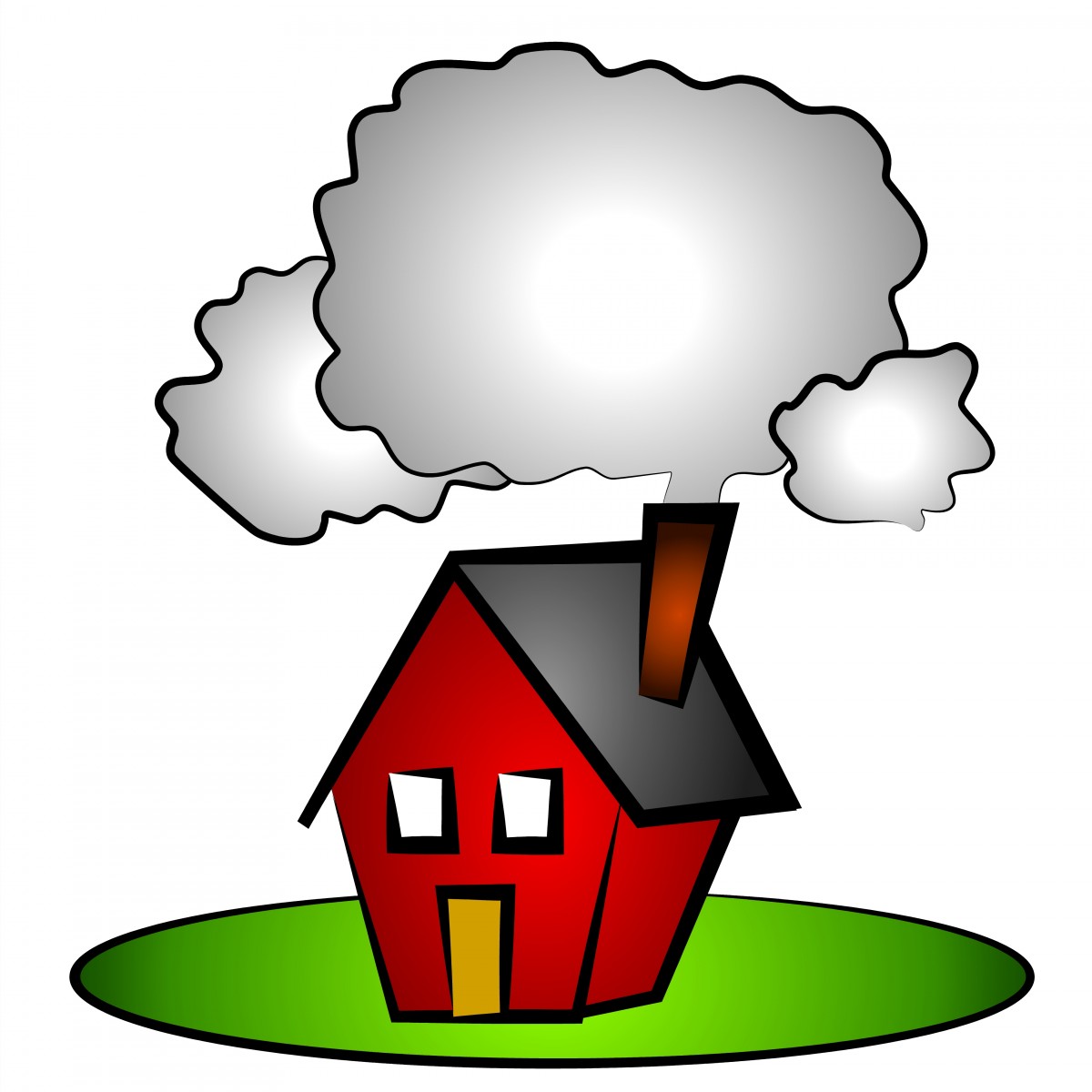
Alphabet Inc., parent company of Google, has answered a call for proposals from the City of Toronto for a high-tech partnership that will reshape a chunk of the city’s waterfront. Alphabet’s “moonshot” initiatives arm, Sidewalk Labs, has been looking for a city in which to embed a new kind of urban district that it wants to build “from the Internet up.” Now, after having considered and cast aside sites in Denver and Detroit, the faintly ominous-sounding project is in private talks to touch down in The Six.
Due to the aforementioned private nature of the development right now, details are sparse; but many sources have been extrapolating possible outcomes from Sidewalk’s previous, smaller, urban interventions like the (possibly privacy-invading) public Wi Fi and browsing stations LinkNYC, As well as the philosophies espoused by Sidewalk Labs CEO Dan Doctoroff. From Doctoroff’s talk at the Smart Cities NYC conference in early May:
“‘The future of cities lies in the way these urban experiences fit together and improve quality of life for everyone living, working and growing up in cities across the world,’ Doctoroff said. ‘Yet there is not a single city today that can stand as a model — or even close — for our urban future.’
“We’ve found that applying urban innovations at scale could reduce cost of living by 14 percent compared to surrounding metro areas for an average family in America,”
In addition to managing cost of living, the concept aims to overhaul five more “urban experiences” to through integration of technology: housing and real estate, transportation (including public), environmental sustainability, a “new public realm” (parks, sidewalk and street experiences), and data-driven city services (e.g. remote monitoring of congestion and pollution).
Ultimately, Doctoroff sees the eventual district’s growth as modeled on that of a tech company. I think it’s far too early in the game to know if that model is sustainable for tech companies themselves, let alone an entire city district. I’m reminded of the kind of top-down city restructuring of the Robert Moses era, where heavily urban areas full of life were razed in favour of freeways and housing projects. While there is no real life in the industrial “Quayside” area up for development, plunking a hive-minded, Google-associated, at-home-anywhere-we-just-need-a-city-who-will-have-us concept of a tech district into the real world might need a smidge more consideration, in my opinion. Hopefully, that’s what they’re doing in these private talks right now… Because the concept could be pretty cool – if we can sustain it.